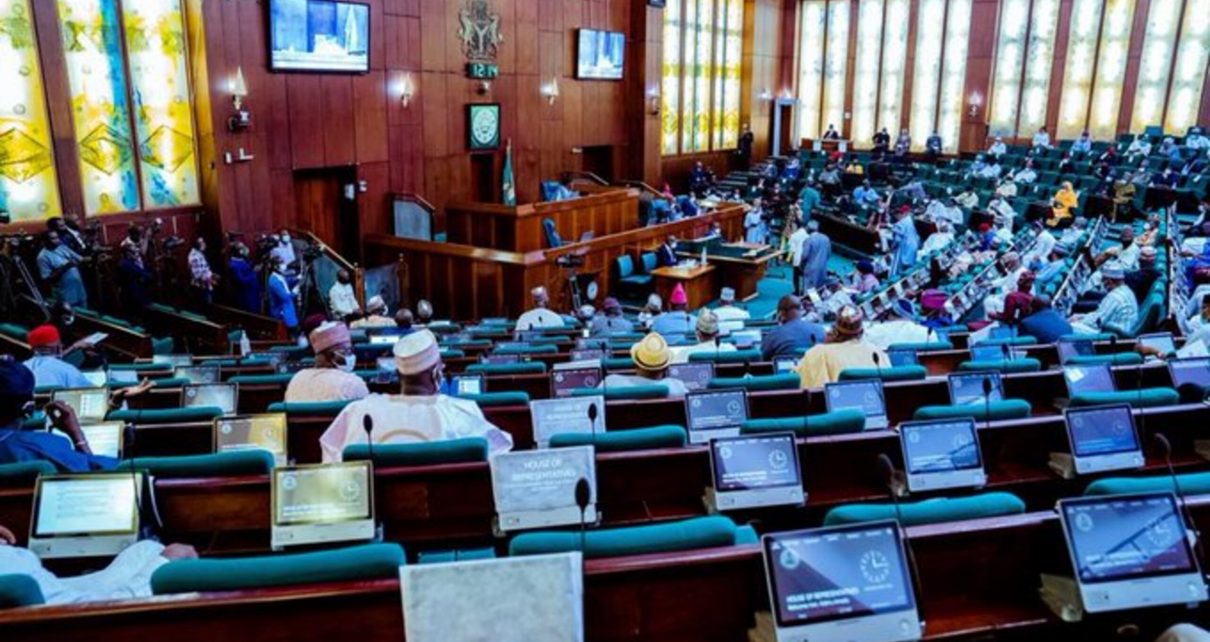The House of Representatives passed the 2023 appropriation bill for second reading despite opposition from members about the nation’s high debt level and ongoing fuel subsidy payments.
The two problems, according to the House, are the main causes that are harming the country’s economy.
The breakdown of the budget was read to the House at plenary on Wednesday in Abuja by Rep. Abubakar Fulata, chairman of the House Committee on Rules and Business.
The estimates used to predict the proposed N20.5 trillion appropriation bill for 2023 were criticized by lawmakers as being “untenable and unrealistic” while discussing the main principles of the measure.
The House Leader, Rep. Alhassan Ado-Doguwa, said during the discussion on the subsidy issue that the house had passed a ground breaking bill to address the issue, and that Nigeria could now completely withdraw its subsidy.
He said that the money allocated in the security budget was for addressing the nation’s security issues and would enhance security.
Ado-Doguwa added that Nigerians were also concerned about the current ASUU strike and noted that the House’s leadership had been successful in breaking the deadlock.
Deputy Minority Leader Rep. Toby Okechukwu praised President Muhammadu Buhari for presenting the budget at the appropriate time, adding “the things the budget did not contain were very significant.”
He raised concern about the volume of borrowing and the size of the debt servicing Nigeria would have to do in 2023.
Okechukwu also said, “the Petroleum Industry Act (PIA) presupposed that subsidy should have ended by now.”
He added that including subsidy in the budget was a breach of PIA Act, adding, ”Time is of essence the House should do its job. The government does not have the courage to undertake subsidy withdrawal at this time.”
Rep. Mohammed Monguno, Chief Whip, of the House while justifying the need to borrow said, “Our debt is still within the sustainable power and there is no cause for alarm.”
The chairman of the House Committee on Customs and Excise, Rep. Leke Abejide, praised NASS for adhering to the budget from January to December for four years in a row.
Rep. Soli Sanda (APC-Katsina) urged a boost in tax administration and collection effectiveness as well as a stop to leaks through preventing oil theft.
He asserted that in order to address remittances in oil and gas, a performance framework that would promote effective management must be implemented.
The lawmakers asked Buhari to adopt the recommendations of the Oransaye report regarding personnel costs as “too much is expended on personnel cost.”
Additionally, the lawmakers emphasized the necessity of preventing revenue leaks, saying “the government is being short-changed billions of naira due to these leaks in ministries, departments, and agencies.”


